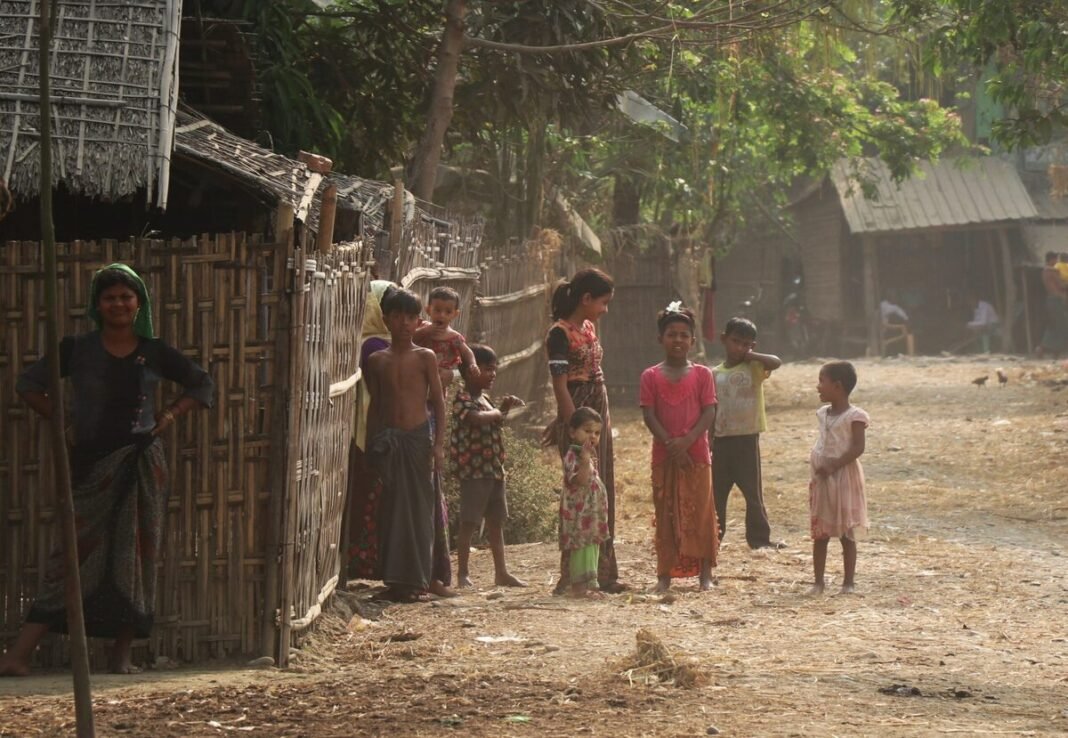Dhaka, 25 August 2023 (TDI): The United States (US)embassy in Dhaka marks six years of rape, violence, and brutal killings of Rohingyans by the Burmese Army on Friday.
Bangladesh continues to host nearly a million Rohingya refugees and this effort has been acknowledged and appreciated by the United States Government.
In addition to the international community’s response to the humanitarian crises across the region, the American people have contributed more than $2.1 billion since 2017, according to the Embassy.
This also includes the issuance of more than $1.7 billion in aid to Bangladesh for Rohingya refugees and sheltering of their local communities.
The United States has reiterated its commitment to addressing humanitarian crises.
It reemphasized the importance of the refugees returning home with dignity, and safety, living in peace with their families, and having the opportunity to live a life of meaning and purpose.
Rohingya refugees have endured prolonged suffering while seeking asylum in Bangladesh and neighbouring countries in the region.
Consequently, the United States has noted its commitment to finding justice for the victims and accountability for brutal criminals.
Also Read: US, Bangladesh discuss Rohingya crisis, human rights and other shared goals
Other highlighted solutions to the crisis include sanctions, international pressure, and support for national and international courts to prosecute perpetrators.
Additionally, the U.S. solicits the assistance of the international community to continue providing humanitarian assistance to Rohingyans, which according to the U.S. are one of the world’s most vulnerable and marginalized populations.
Given the danger associated with the return of the refugees to their country, the U.S. noted resettlement as an alternative. Hence, it expressed its readiness to contribute to the international resettlement process.
Conclusively, the U.S. Embassy in Dhaka noted “As this crisis enters its seventh year, it is critical that we continue to explore all possible options to reduce or end the suffering of Rohingya refugees across the region.”
Testimony Omole is a Conflict Analyst at the Conflict Research Consortium for Africa. He is an alumnus of the Department of Political Science, Kogi State University, Anyigba, Nigeria. He was awarded the 2022 Certificate of Excellent Performance by the Knowles Educational and Charitable Trust for International Leadership, Atlanta, USA. His research interests include conflict, the nexus between conflict and poverty, and the role education plays in peacebuilding. Email: omoletestimony2016@gmail.com








